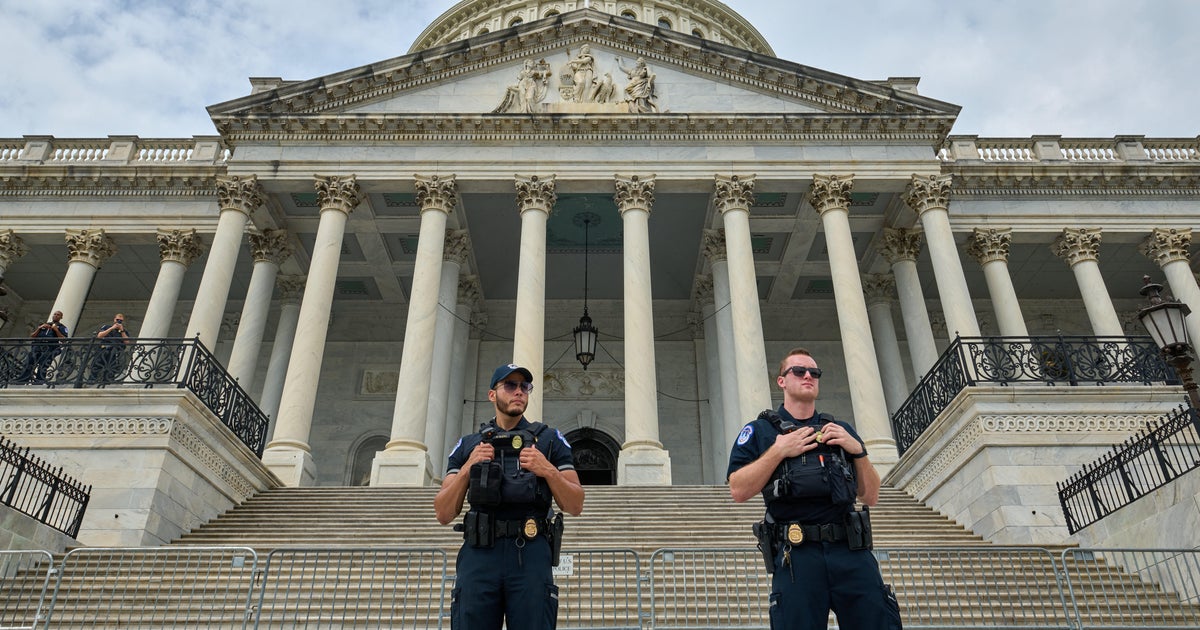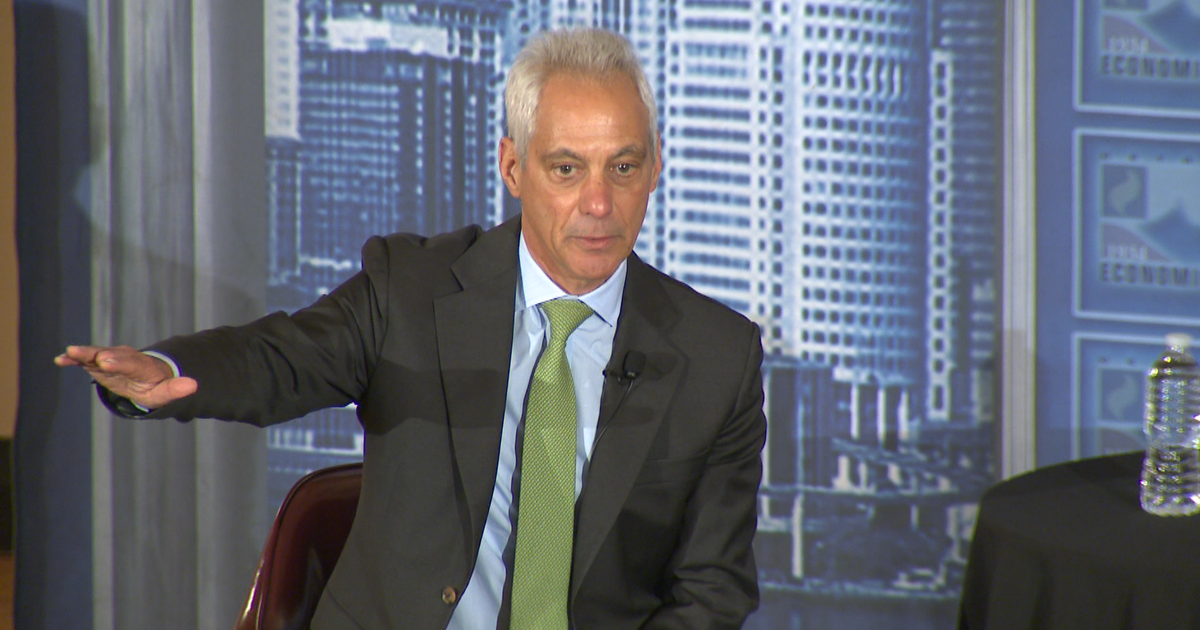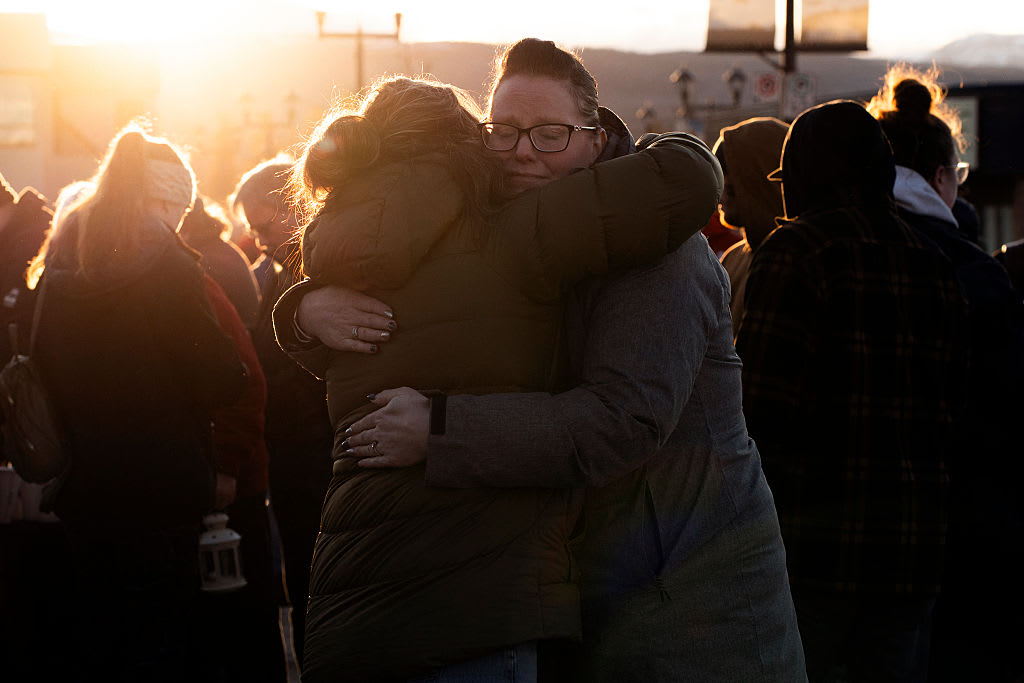House Democrats unveil measure to protect transgender military dependents
Washington — A group of House Democrats on Tuesday introduced legislation that seeks to protect the transgender dependents of active duty service members by ensuring their parents or other family members are not stationed in states or countries that place restrictions on gender-affirming health care and treatments.
Spearheaded by Congressman Jimmy Panetta of California, the measure was introduced on the first day of Pride Month, which celebrates the LGBTQ community. In a proclamation issued Tuesday, President Biden celebrated the progress made in the fight for LGBTQ rights but lamented that "some states have chosen to actively target transgender youth through discriminatory bills that defy our nation's values of inclusivity and freedom for all."
The bill from the more than three dozen House Democrats received the backing of several advocacy groups, as well as Blue Star Families, an organization that helps military families.
"Despite the progress that we have made in our fight for LGBTQ equality, service members and their transgender dependents continue to face hurdles that threaten their development," Panetta said in a statement.
The measure would specifically prevent the Defense Department from assigning a military family with a transgender dependent to a state or country that prohibits providing gender-affirming care to transgender individuals.
Panetta's bill comes as state houses across the country consider a wave of legislation targeting transgender people. Lawmakers in a dozen states are weighing bills that restrict health care for transgender youth, according to the American Civil Liberties Union. The governors of Florida, Alabama, Arkansas, Mississippi,Tennessee and West Virginia have also signed bills into law that bar transgender student-athletes from competing on female sports teams.
The Republican-led legislature in Arkansas, meanwhile, overrode Governor Asa Hutchinson's veto of legislation that bans gender-affirming treatments for people under the age of 18, regardless of parental consent.



